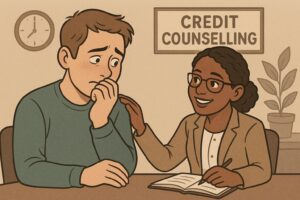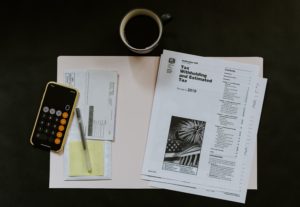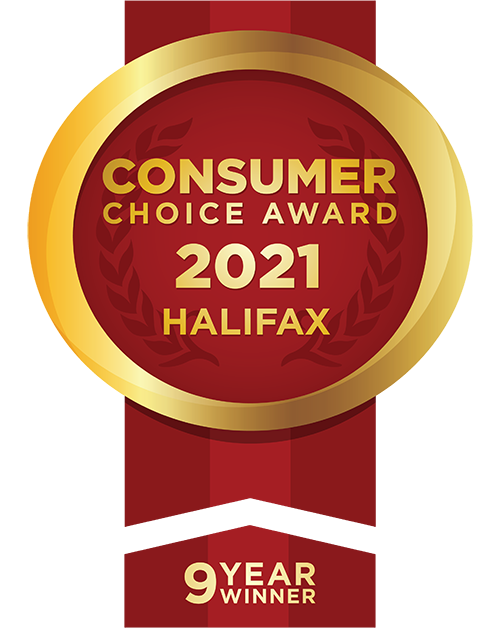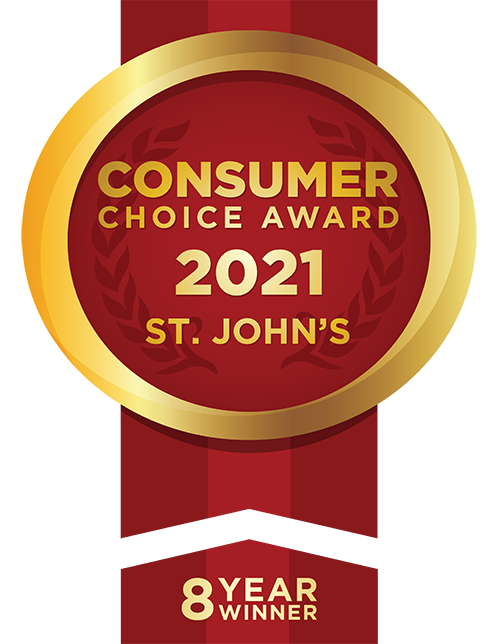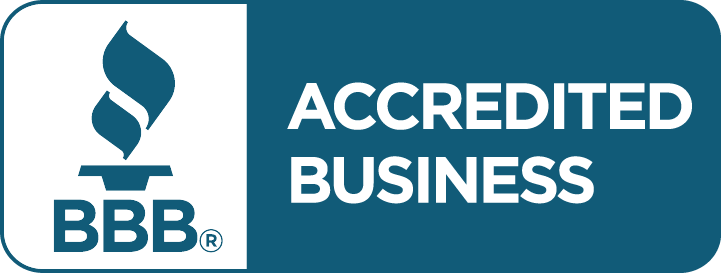In an ideal world, once you’ve reached retirement age you should have a solid nest egg and a house with no mortgage in order to enjoy your golden years. Unfortunately, an increasing number of seniors are finding themselves still in debt when they finally retire from work.
There have been a lot of changes in the past few years; the cost of living has gone up, making life more expensive; more people are carrying student debt well into their later years of life; and adult children are living at home longer, keeping mom and dad on the hook for family expenses. As a result, people are incurring more debt and taking longer to pay if off.
A 2018 Sun Life Financial survey found that about 25 per cent of the 750 Canadians polled between the ages of 55 to 80 years said they have debt that ranges from mortgages to car payments. About 20% of retirees were found to be still paying for mortgages, while 66% were carrying credit card debt. Overall, retired Canadians on average had $11,204 in non-mortgage debt, according to the survey.
Carrying debt into retirement will have a big impact on your finances as your monthly income reduces. If you’re carrying debt, you likely won’t be able to do many of the things you planned to do in retirement, such as travel.
It can become increasingly difficult to pay down debt when living on a fixed income. Luckily, there are some solutions to pay off debt in retirement.
- Downsize your home. Canadian real estate has been a seller’s market for many years now, and that doesn’t seem to be going away any time soon. With house prices rising, particularly in Atlantic Canada, consider cashing out and downsizing your home if you own it. If you’ve lived there a long time, you’ve likely built up considerable equity. Move into a cheaper home that costs less to maintain, or to a region where homes cost less than what yours is worth.
- Stop helping your adult children. If you’re the parent of a millennial, you know how tough it’s been for your children financially. Buying a home can seem like a pipe dream and many working-age professionals are still carrying student debt. If you’re using your limited funds to help your children out financially and it’s putting you in the hole, you need to stop. While it may be tough, your children need to learn to stand on their own two feet and manage their own finances.
- Find more income. While it may seem obvious, many people overlook finding additional income streams. Sure, you’ve retired, and you may not want to work anymore, but that doesn’t mean you can’t find part-time work that you enjoy or passive income that generates enough money for minimal output.
- Consider paying off debt with your RRSP. If you have a significant amount of money in your RRSP, you could use it to pay off your debt to free up cash flow. However, it’s important to know that once you deduct money from your RRSP, you will be taxed anywhere between 21 and 31 per cent, depending on the amount you take out. You will have to carefully crunch the numbers to determine if paying off your debt and eliminating the interest will outweigh the tax you will pay on your RRSP deduction. Also keep in mind you will still need to keep money in your RRSP to live off of for the duration of your life.
- Consider a home equity line of credit or debt consolidation loan. Depending on how much debt you have and what the interest rate is, it might be better to use a line of credit to pay off debt as they typically have lower interest rates. A debt consolidation loan may be an option too. You should consult with a credit counsellor to determine the best option for you.
- Use a reverse mortgage if you still have mortgage debt. A reverse mortgage is a loan that allows you to get money from your home equity without having to sell your home. You can borrow up to 55% of the current value of your home, and you only have to pay it back when you move out, sell it, or when the last borrower dies.
- Cash out your life insurance. If you’ve been paying monthly life insurance for the past several decades, it may be that you no longer need it. Most people get life insurance to ensure that their loved ones will be taken care of when they pass away. However, if your children are grown up and moved out, and your spouse would be fairly self-sufficient without you, then consider freeing up this money to allocate towards debt.
- Sell your assets. If you have any assets of value such as a car, cottage, or recreational toy (like a boat or motorbike) you may have to part ways with it if you need the money.
If you are in retirement, or nearing retirement, and finding yourself still under a mountain of debt, you have options. You may be struggling to come to terms with the fact that you can’t live out the retirement lifestyle you dreamed of. Luckily, you don’t have to go through this alone. The advice of professional credit counsellors can be invaluable. They can see options and solutions that you can’t. Contact us today for a free consultation. We can help you get out of debt so that you can enjoy your golden years. After all, you worked hard, you deserve it.


